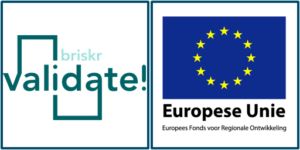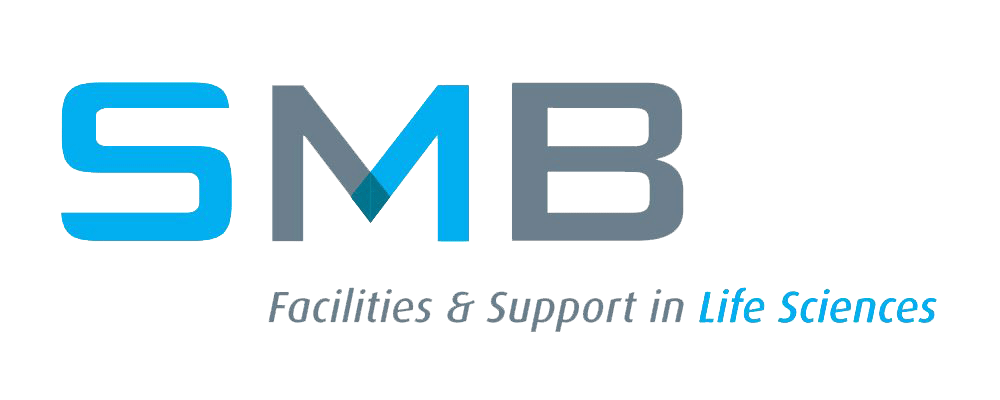Digital Health is thriving in the Nijmegen region, where it contributes to better care and health and also creates jobs. The corona pandemic underscores the importance of digital solutions, such as image calling and telemonitoring, for care and health. To bring developers and end users even closer together, The Economic Board and the Radboudumc are introducing the Interactive Digital Health map.
Nice ecosystem
Nijmegen is known for its large healthcare sector: no less than a quarter of the working population has a job in healthcare or a sector directly related to it. Specifically for Digital Health, a lot of knowledge and skills (human capital) are present at the Radboudumc, the Radboud University, the University of Arnhem and Nijmegen (HAN) and the ROC Nijmegen. More than 50 companies are also active in Nijmegen and the surrounding area in the field of Digital Health. Various financing options exist for Digital Health innovations and business support is also available. So there is already a nice ecosystem in place that offers plenty of opportunities for further expansion.
Opportunities
Tom van de Belt, researcher at the Radboudumc and spearhead of Digital Health: “The Nijmegen region offers ideal opportunities to develop Digital Health products and services, anchor them in practice and then scale them up. That improves patient care and at the same time makes economic growth possible. Certainly in the areas of remote care, self-monitoring, wellness and education, and early detection with artificial intelligence, there is already a great deal of knowledge and experience in this region.”
Regional desires
Van de Belt mapped out the regional situation. It turned out that stakeholders do not always know how to find each other easily. Companies that want to test and validate their product in a healthcare institution, healthcare providers or researchers looking for a partner to develop their idea with, companies that want to bring in employees or students with specific Digital Health knowledge; there is room for improvement in these areas. Van de Belt also concluded that scaling up Digital Health innovations is difficult: “Acquiring a subsidy to develop the idea or carry out a pilot is often successful, but finding structural funding is much more difficult.”
Digital Health map
To encourage collaboration in the region and matchmaking between developers and users, the Radboudumc has developed an interactive Digital Health map with The Economic Board. This map lists Digital Health partners from the Arnhem and Nijmegen region. The map is continuously updated so that all players can be included. It is easy to pass on registrations via the map and the map can be found here.
The Economic Board previously developed the interactive map Lifeport: a digital map with interesting companies and organizations in Health, Hightech, Energy, Food and Sustainability. This map shows who is active in these sectors within the innovation network Lifeport in the Arnhem – Nijmegen – Wageningen region.
Encouraging cooperation
John van Sambeek, Civic Entrepreneur for Health, Hightech & Food at The Economic Board: “In this role I drive programs and try to make the right
In this role I drive programs and try to make the right connections between knowledge institutions, companies and governments to strengthen the economic structure and innovation power of the region. You then need to know which parties are based in the region and what they do exactly. Only then can you estimate what their added value could be within the Health innovation chain of products and services. The Digital Health map of the region is one of the tools that can help parties along the way. In addition to information about what all the included partners have to offer, they can also indicate on the interactive map what needs or issues they have. We hope that this will help parties find each other more quickly, and in this way improve mutual cooperation within and outside the sector even further.”
You can find the Interactive Digital Health map here.




